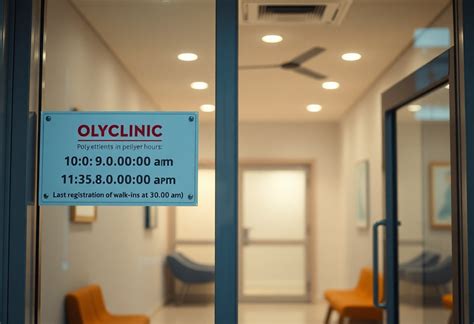Introduction

Chronic kidney disease (CKD) is a progressive condition that gradually damages the kidneys over time. The progression of CKD can vary widely, depending on the underlying cause, severity of the disease, and individual factors. Understanding the rate of progression is crucial for managing CKD effectively.
How Long Does CKD Take to Progress?
The rate of CKD progression is typically measured by the estimated glomerular filtration rate (eGFR), which reflects the kidney’s ability to filter waste products from the blood. According to the National Kidney Foundation (NKF), CKD is classified into five stages based on eGFR:
| Stage | eGFR (mL/min/1.73 m²) |
|---|---|
| Stage 1 | ≥90 |
| Stage 2 | 60-89 |
| Stage 3 | 30-59 |
| Stage 4 | 15-29 |
| Stage 5 | <15 or dialysis |
The progression time from one stage to the next can vary significantly, as shown in the following table:
| Stage | Average Progression Time |
|---|---|
| Stage 1 to Stage 2 | 10-20 years |
| Stage 2 to Stage 3 | 5-10 years |
| Stage 3 to Stage 4 | 2-5 years |
| Stage 4 to Stage 5 | 1-3 years |
Factors Affecting CKD Progression
Several factors can influence the rate of CKD progression, including:
- Underlying cause: The underlying cause of CKD, such as diabetes, hypertension, or glomerulonephritis, can affect the speed of progression.
- Severity of disease: The severity of CKD at diagnosis is a significant predictor of progression.
- Age: Older adults tend to experience faster CKD progression.
- Ethnicity: African Americans and Hispanics have a higher risk of CKD and faster progression.
- Lifestyle factors: Smoking, obesity, and poor diet can accelerate CKD progression.
- Medical conditions: Diabetes, hypertension, and heart disease can contribute to CKD progression.
Common Mistakes to Avoid
To slow the progression of CKD and prevent further kidney damage, it’s essential to avoid common mistakes such as:
- Ignoring CKD symptoms: Early detection and treatment can significantly impact disease progression.
- Not following prescribed medications: Adhering to medication regimens is crucial for managing CKD.
- Maintaining an unhealthy lifestyle: Smoking, excessive alcohol consumption, and poor diet can worsen CKD.
- Skipping doctor’s appointments: Regular follow-up appointments allow your healthcare provider to monitor disease progression and adjust treatment accordingly.
Pros and Cons of Common Treatments
Various treatment options are available to slow CKD progression, each with its pros and cons:
| Treatment | Pros | Cons |
|---|---|---|
| Lifestyle modifications: (e.g., diet, exercise, smoking cessation) | Low-cost, reduces risk factors | May not be enough to slow progression in advanced CKD |
| Medications: (e.g., ACE inhibitors, ARBs, diuretics) | Slows progression, reduces blood pressure | May cause side effects such as hypotension, electrolyte imbalances |
| Dialysis: Filters waste products from the blood | Provides temporary support for kidney function | Costly, time-consuming, may have side effects |
| Kidney transplant: Replaces diseased kidneys with healthy ones | Best chance for long-term survival | Requires major surgery, immunosuppressant drugs, risk of rejection |
Frequently Asked Questions
- How can I prevent CKD from progressing?
- Follow your doctor’s recommendations, make lifestyle changes, and manage underlying medical conditions.
- What are the signs and symptoms of CKD?
- Fatigue, swelling in hands and feet, difficulty sleeping, frequent urination, and changes in urine color.
- What are the stages of CKD?
- Five stages based on eGFR (see table above).
- Can CKD be cured?
- Only stage 5 CKD requires dialysis or transplant, but other stages can be managed to prevent further progression.
- How long can you live with CKD?
- With proper management, people with CKD can live long, healthy lives.
- What are the complications of CKD?
- Heart disease, stroke, anemia, bone disease, and electrolyte imbalances.
Conclusion
The progression of CKD varies depending on individual factors and the underlying cause. By understanding the rate of progression, adhering to treatment plans, and making lifestyle changes, individuals can slow disease progression and improve their overall health outcomes.
















